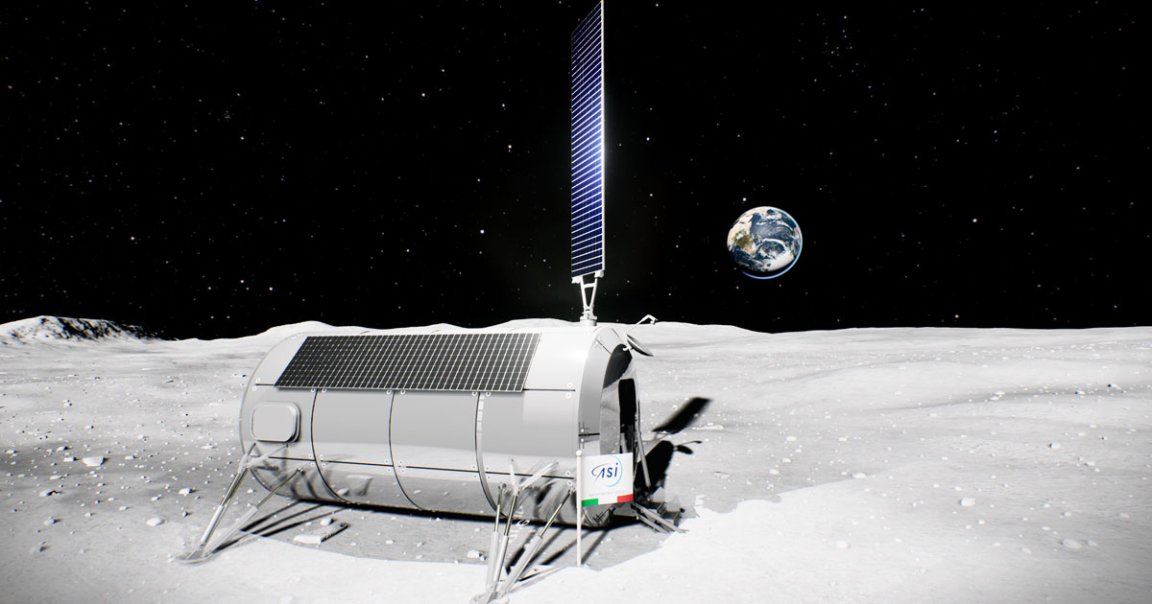
Moon Digs
The Italian Space Agency (ASI) has teamed up with French space startup Thales Alenia Space to come up with a multi-purpose habitat that could serve as the first-ever permanent human outpost on the surface of the Moon.
It’s especially relevant these days considering that America’s NASA is planning to get boots on the ground as soon as late 2025 as part of its Artemis program, with the construction of a permanent habitat following sometime in the 2030s — that is, if everything goes according to plan.
And while we’ve seen plenty of early mockups and renders, we may finally be honing in on some actual designs of what such a future fixture on the Moon could look like.
Last week, Thales Alenia Space announced it had signed a contract with the ASI to build the “first permanent outpost on the Moon” — and the news has us giddy with excitement.
Extended Stay
Thales Alenia Space has its work cut out for it. Not only does a habitat on the lunar surface need to provide astronauts with a pressurized environment and life support, but it also has to protect them from harmful radiation and possible micrometeorite showers.
The company has remained surprisingly vague about its final design, but judging by the render, it’ll be cylindrical in shape and be powered by substantial solar panels. Articulated legs will keep the circular habitat from rolling over.
But will it ever actually be built, nevermind inhabited on our natural satellite? So far the company has passed NASA’s Element Initiation Review, which confirms that the proposed habitat passes the space agency’s needs. In 2020, the ASI signed a “joint statement of intention” in NASA’s Artemis Program, signaling a “mutual desire to further develop cooperative lunar exploration activities, with a specific focus on returning humans to the surface of the Moon.”
However, before the multi-purpose habitat officially becomes part of the Artemis program, it’ll still need to complete NASA’s Mission Concept Review early next year, a “key milestone to move the project forward to the next phases of critical technology design and development of the module,” according to the announcement.
Is this what the future of prolonged stays on the surface of the Moon will look like? We can’t wait to find out.
More on lunar habitats: Chinese Scientists Ponder Moon Base Inside Ancient Lunar Lava Tube